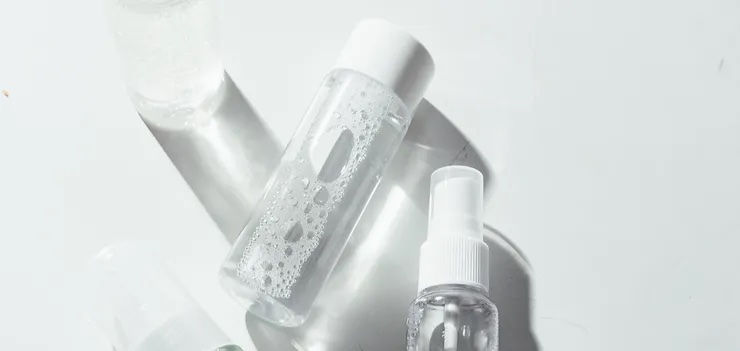What is Confirmation Bias in Clinical Trials?
- Ben Brockman
- May 23, 2025
- 3 min read
When we talk about building trust in consumer health products, like supplements, skincare, or pet wellness, there’s a buzz around "clinically tested" or "clinically proven" claims. But behind these powerful marketing statements lies a complex process: clinical trials. One of the biggest psychological hurdles that can skew these results is confirmation bias.

In this blog post, we’ll dive into what confirmation bias is, how it manifests in clinical trials, and what your brand can do to ensure that your research is rigorous, transparent, and free from bias.
What Is Confirmation Bias?
Confirmation bias is the tendency to search for, interpret, and recall information in a way that confirms one’s preexisting beliefs or hypotheses. In the context of clinical trials, this bias can lead researchers, sponsors, or even participants to unconsciously favor results that align with expected outcomes.
For example, if a skincare brand believes their serum reduces wrinkles, the research team might unintentionally highlight data points that support this outcome, while overlooking those that contradict it.
How Confirmation Bias Creeps Into Clinical Trials
Confirmation bias can infiltrate various stages of the clinical trial process, including:
1. Study Design
Researchers might design studies in ways that are more likely to produce favorable results. This could mean selecting endpoints that are easier to achieve or structuring questions to elicit positive feedback.
2. Data Collection and Interpretation
If a researcher expects a certain outcome, they might unconsciously record ambiguous results in a way that supports that outcome. Likewise, subjective evaluations (like visual skin assessments) are particularly prone to this type of bias.
3. Selective Reporting
Often, studies generate a mix of favorable and unfavorable data. Confirmation bias may lead to selective reporting, emphasizing the positive and minimizing or omitting the negative.
The Impact on Consumer Trust and Regulatory Scrutiny
In an increasingly educated and skeptical market, confirmation bias can damage a brand’s credibility. Misleading claims based on biased data can lead to:
Consumer backlash
Regulatory challenges (especially from bodies like the FTC)
Reduced scientific credibility
Consumers are savvy, they want transparency, not just fancy buzzwords. A product validated through unbiased, well-conducted trials stands out far more than one wrapped in marketing spin.
Strategies to Minimize Confirmation Bias in Your Trials
To ensure your brand's clinical claims are robust and credible, consider these strategies:
Work with Independent Research Teams
Using third-party clinical research organizations helps eliminate vested interests and introduces neutral oversight.
Pre-register Your Study Design
Publicly pre-registering your study’s design and endpoints ensures transparency and reduces the temptation to tweak outcomes post-hoc.
Use Blinded Assessments
Blinding participants and researchers to treatment groups minimizes expectations that could skew results.
Report All Outcomes - Not Just the Positive Ones
Transparent reporting builds credibility and shows that your brand is committed to honest science.
Build Your Brand on Science, Not Assumptions
In the race to win consumer trust, how you validate your product is just as important as what the validation shows. By understanding and addressing confirmation bias in your clinical trials, you’re not just protecting scientific integrity, you’re investing in long-term brand equity.
The takeaway? Confirmation bias isn’t just a psychological concept, it’s a business risk. Avoid it, and you’ll not only earn scientific respect, but loyal customers as well.
Looking to test your health & wellness product to make science-backed marketing claims? Learn more about how we conduct customized clinical trials here at Citruslabs!



